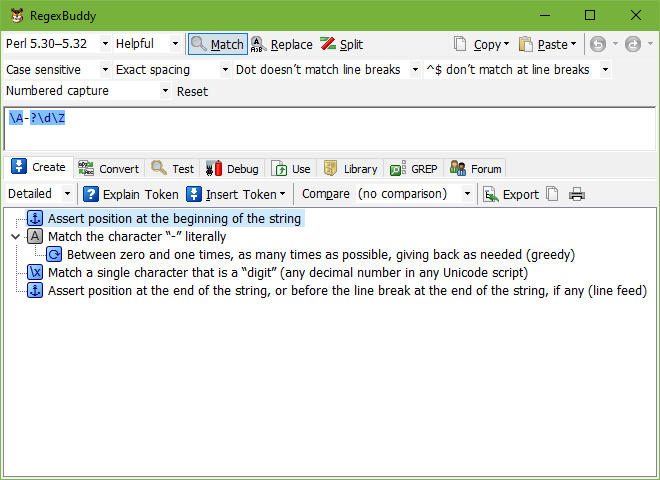You have to decide whether it is a good idea but ruby regexp can automagically define local variables for you.
Ruby regex replace match.
A1 gsub d 2 a2 the first argument is a regular expression and it s too much to cover here.
Eg string match regex captures first gerry shaw mar 12 17 at 22 35.
In other words your program will be able to tell.
I am not yet sure whether this feature is awesome or just totally crazy but your regex can define local variables.
The methods replace the matched pattern with the pattern that is defined by the replacement parameter.
However for the case where you do need to replace matches in your output you can use any of the following.
Ruby regular expressions a regular expression is a special sequence of characters that helps you match or find other strings or sets of strings using a specialized syntax held in a patt.
But it s a pattern matching language.
When one operand is a regular expression and the other is a string then the regular expression is used as a pattern to match against the string.
Other classes may have different.
All of these methods perform a search and replace operation using a regexp pattern.
How to use ruby gsub regexp with many matches.
But what if you could replace a pattern.
Regular expression to match a line that doesn t contain a word.
Ruby regular expressions ruby regex for short help you find specific patterns inside strings with the intent of extracting data for further processing two common use cases for regular expressions include validation parsing.
This operator is equivalently defined by regexp and string so the order of string and regexp do not matter.
You need the regexp match method.
A year an email address a phone number etc.
Is ruby s basic pattern matching operator.
Replacing a single word is fine.
If you write match ruby regex this will return a matchdata object.
Matches returns the whole matched string.
Replacement patterns are provided to overloads of the regex replace method that have a replacement parameter and to the match result method.
Replace patterns with a regular expression.
Ruby gsub supports using regex as pattern to detect input and it also may allow to use match group number in replacement for example if that s a regex detecting lowercase letters at the beginning of any word and puts a x before it and a y after it this would give perfect result.
If we call that object matches then among other things.

